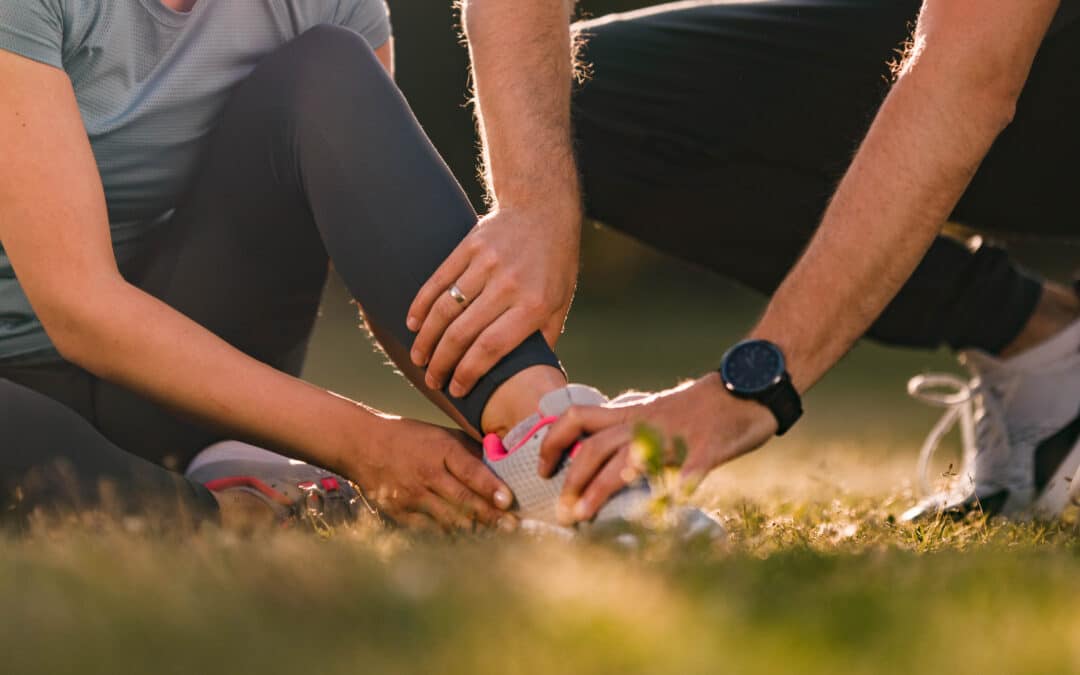Being a Certified Athletic Trainer (AT) and a Certified Strength and Conditioning Specialist (CSCS) allows me to provide a dynamic type of programming for my athletes. I evaluated and assessed athletes’ orthopedic injuries for many years. I have rehabilitated countless injuries from the injured finger to concussed athletes to torn ACLs and I help transition athletes from the time they graduate physical therapy back to full performance and beyond.
It may be unconventional to implement corrective/therapeutic based exercises in a strength and conditioning program, however, that is my clients’ norm. My goal is to help every athlete who consults/hires me to have a non-contact injury free season following their time with MSPT, or as the tagline reads, “healthier and more durable.” We focus on their deficiencies during a block of each of their sessions, then we redirect to the more traditional performance based movements that translate to their sport or what they specifically need. Not everything has to be bigger, stronger, faster- controlled and efficient provides prevention. The ability to decelerate, perform eccentric movements, and be functionally mobile is underrated and could use more focus.
Sports Medicine and Sports Performance are known to have differences in opinions and educational backgrounds. As an AT and CSCS, I hear both sides complain about each other. I’ve also seen some collaborative groups that complement each other to provide top tier patient experiences and services for those they serve. Let’s see how the two are similar, yet different.
Similarities:
- Both focus on injury prevention and aim to improve performance.
- Both require national certification and continuing education.
- Both client/patient/athlete centered.
- Both work in private and public sectors.
- Both professions are found in military and performing arts fields.
Differences:
- An AT is recognized by the American Medical Association as a healthcare professional who can perform clinical exams and provide diagnosis. Strength coaches do not provide that service.
- An AT usually provides rehabilitation program and return to practice/competition guidelines. Strength and conditioning coach should not diagnose or treat injuries, rather working with the medical staff on what the athlete can do whether it is modified lifting, contralateral limb training, or upper body training while they rehabilitate a lower body injury.
- Strength and conditioning coaches are often found in a weight room or performance based facility maximizing an athlete’s fitness and/or strength level to reduce their risk of non-contact injuries. Over 50% of athletic trainers work for an educational or hospital based system.
An AT is a health care professional who works under the supervision of a physician. As an athletic training student, you are trained to “provide comprehensive patient care in five domains. Those services provided include: injury and illness prevention; clinical evaluation and diagnosis; immediate and emergency care; treatment and rehabilitation; and organization and professional health and well-being.” (1) They are nationally certified and state licensed or regulated in 49 states; California does not require state licensure or regulation to practice Athletic Training.
A Sports performance professional, specifically, a CSCS is one “who applies scientific knowledge to train athletes for the primary goal of improving athletic performance. They conduct sport-specific testing sessions, design and implement safe and effective strength training and conditioning programs and provide guidance regarding nutrition and injury prevention. These coaches recognize their area of expertise is separate and distinct, CSCSs consult with and refer athletes to other professionals when appropriate.” (2) They are nationally certified and recognized in their profession.
I wish you all the best New Year! Stay healthy and durable entering and throughout 2022!
Alan Miller, ATC, LAT, CSCS
Owner of Miller Sports Performance and Training
Father and husband
Combing sports medicine and sports performance to build healthier and more durable athletes.
- (1) Nata.org
- (2) Nsca.org

